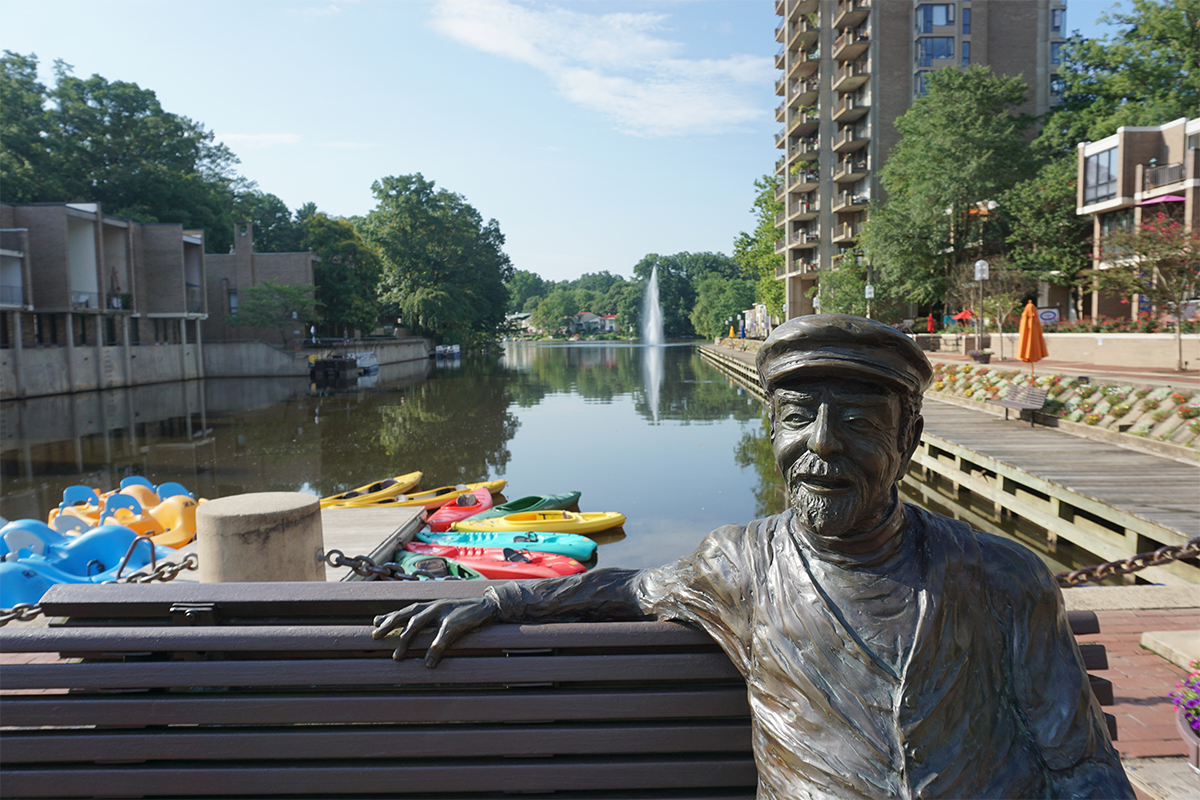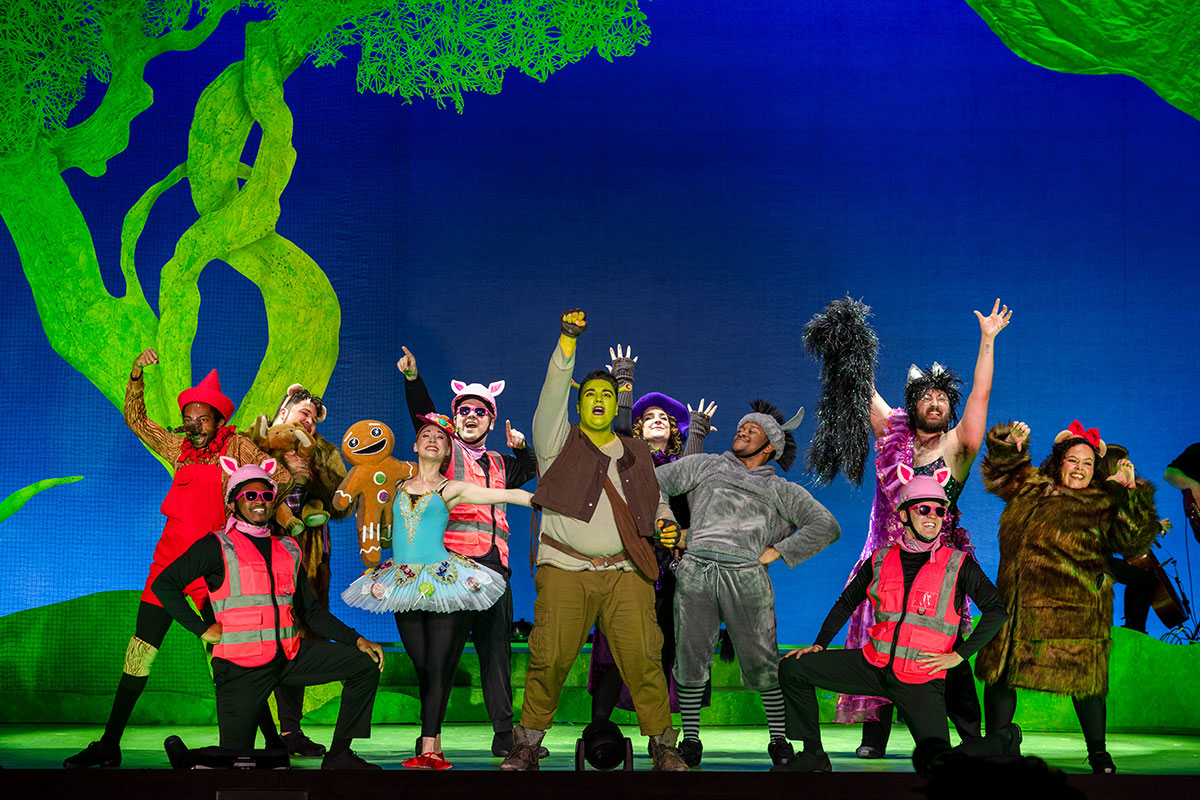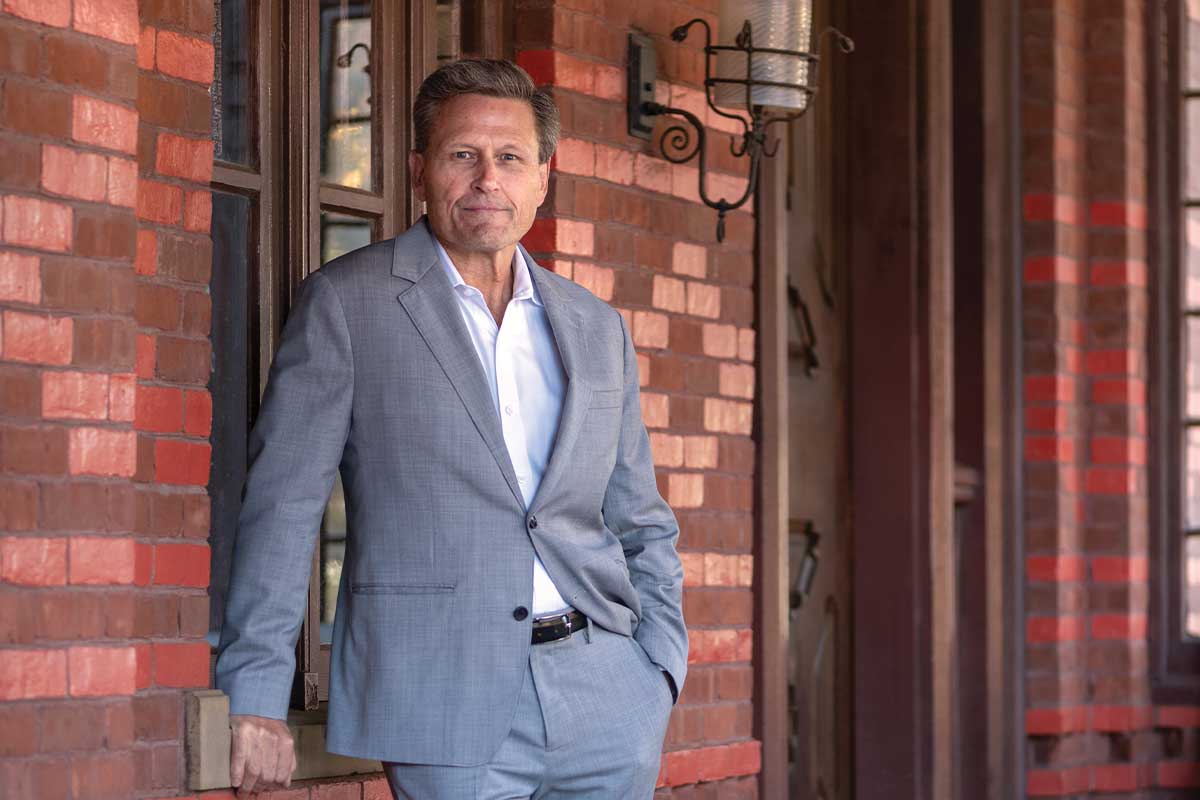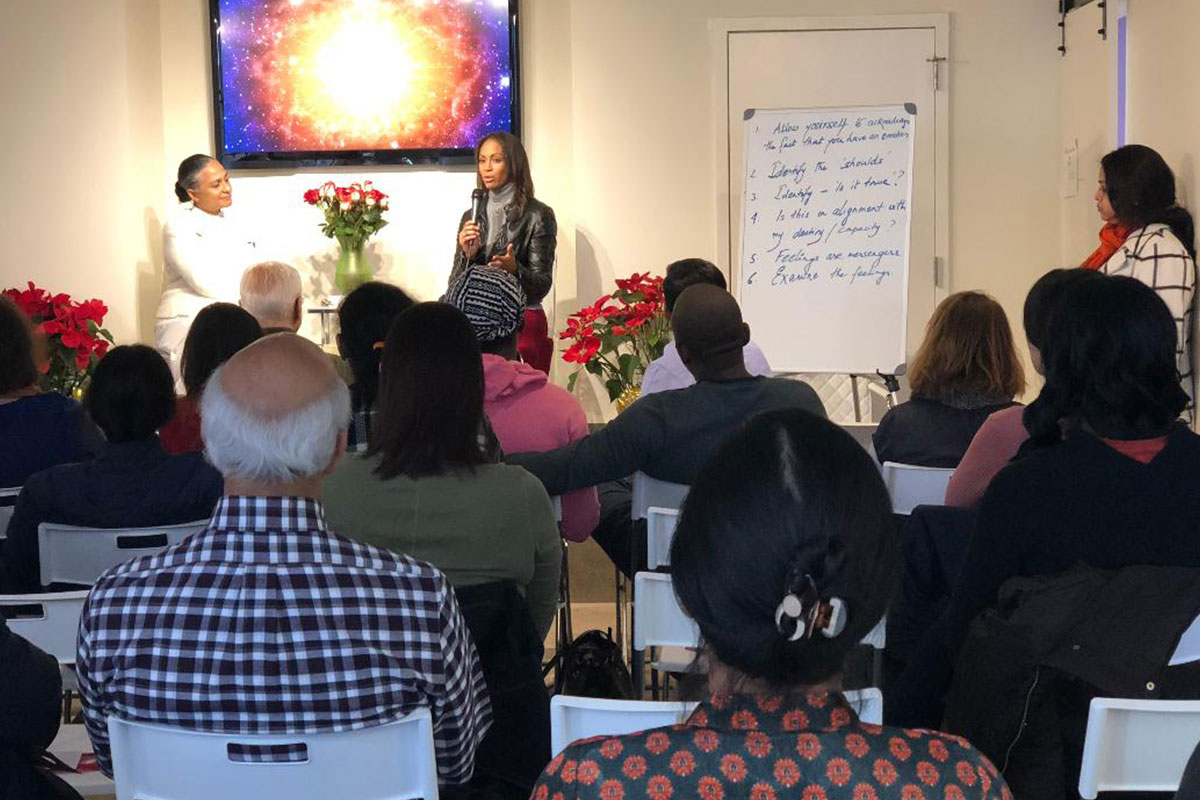
About 10 years ago, Sister Jenna was walking down the streets of Washington, DC when she was immediately struck by a sign on a nearby building that read, “National Museum of Crime and Punishment.”
While she had previously thought about finding other ways to bring the practices of Brahma Kumaris—a spiritual movement that originated in India—to the region, this was the final push that led to the opening of the Meditation Museum in Silver Spring, Maryland. And in 2015, she opened a second location in Tysons Corner.
“I wanted to create a place where people came in with curiosity of who they could be, and leave with a deeper sense of who they are,” explains Sister Jenna of the concept.
Both sites aren’t exactly what one would think of when hearing the word “museum.” Instead of items hanging on the wall and historic objects in glass casings, the exhibits consist of mantras and silent rooms, giving guests the chance to be fully present and connect with their inner selves.
For more health content, subscribe to our weekly newsletter.
Meditation Museum II in Tysons is also a place for organizations, companies and individuals to come for lectures, private functions and other forms of programming. Recent events hosted at the museum include a meditation training for young boys who are on the borderline of entering the juvenile delinquent system, a professional luncheon for local CEOs and a class for a lacrosse team from Colgate University, scheduled in preparation for a game.
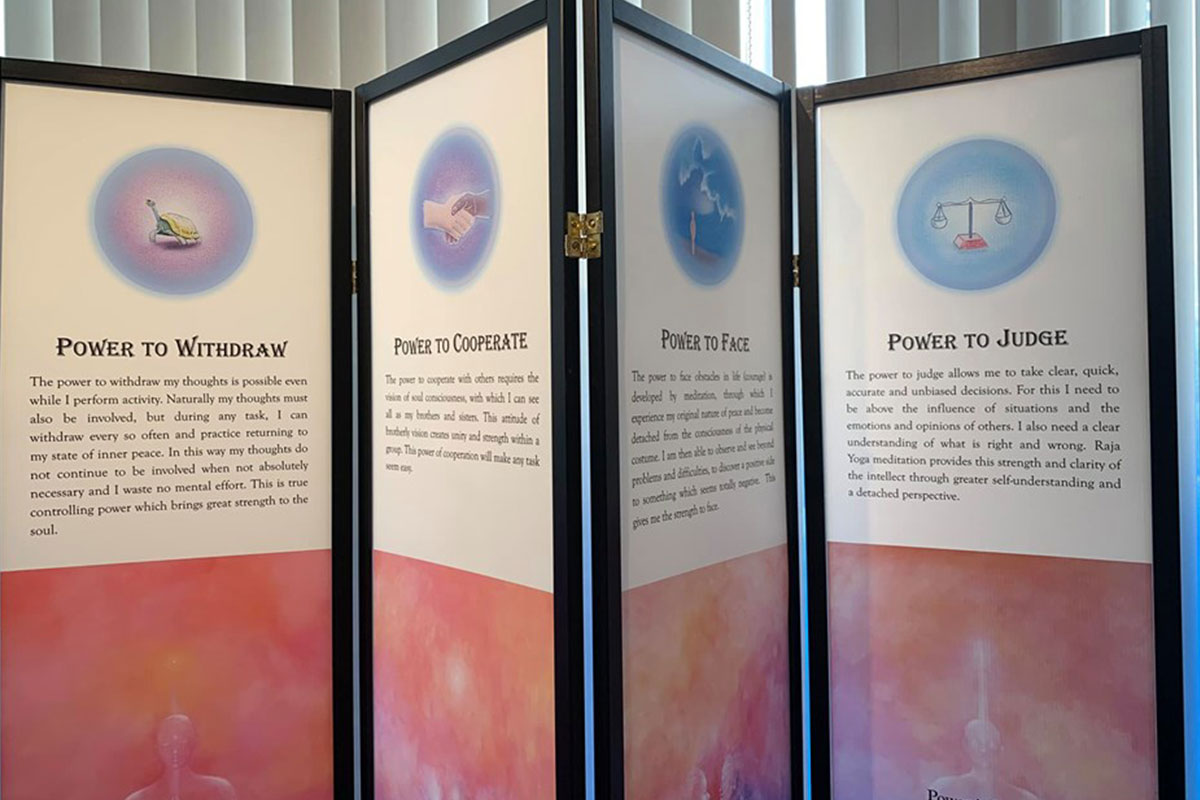
In addition to founding the two locations, Sister Jenna has traveled across the world sharing her knowledge, and also runs America Meditating Radio, where she shares the idea that spirituality and affection can create a country and world of harmony. During each broadcast, she brings on a guest, including people like Whoopi Goldberg and Alanis Morissette, to chat about beliefs and the current state of the world.
We chatted with Sister Jenna to find out more about her passion and the power she believes meditation holds. Highlights from our conversation are below.
How did you initially get into this field and passion?
My mother and father were teachers of the Brahma Kumaris group, which is a women-led spiritual movement that originates in India. I was about 17 when they got involved, had no interest and thought they were kooky. But I was used to them trying a bunch of weird things to help them while growing up. Something that grabbed me was the spark in their eyes, the quietness in their presence, but the activeness of their lifestyle. They were changing the world, and that planted the seed and made me consider looking into it later on.
I was about 25 when I had one of those ah-ha moments. I was in a foreign country doing some work just walking around and this enormous experience of something very quiet, but loud, took place in my consciousness. Something shifted in the way I saw myself and saw others. Something within me was moving onto another dimension and aspect of myself, and from then on I started sharing my passion.
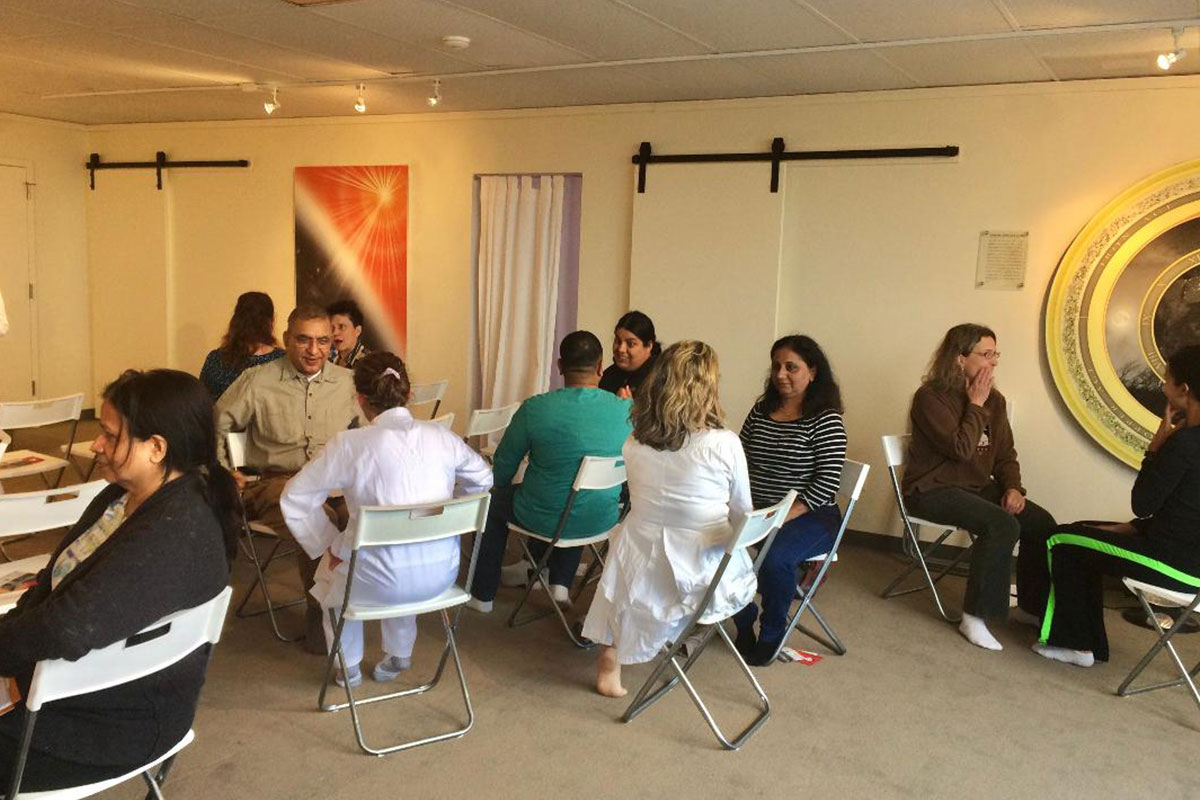
One of your goals as a spiritual leader is to help people find clarity, power and insight. How do you offer that at your two museums?
It’s through knowledge. We need to know the deep consequence of our thoughts, not just our actions. But in order to do that, we have to look more at what our thoughts are saying to us. When our thoughts get convoluted, we get confused, stressed and angry. We start to allow the left side of the brain to think too much, and the right side, where there’s love, patience, etc., stays quiet. So, I am hoping to help people who come through the door that with the proper information we can connect those two sides of the brain and change the negativity of the world, simply by deciding to change it within ourselves.
We are at a time where everything is available to us on the planet, in terms of technology and resources, but there’s gun violence, divisiveness, Islamophobia, xenophobia, a lack of trust—not only between political leaders, but the citizens of the country. If you imagine yourself as just a human being living here with no trust, how is that going to impact how you feel when you walk around? You get accustomed to fear, and start to deeply believe in it because we lack knowing who we really are at the core.
How do you find that balance between politics and spirituality that your works tend to touch on?
If you start to find yourself being judgmental, angry and blaming others, you’re no longer in your balance. But a true democracy will listen to all sides and see whether or not it is beneficial for the greater good in the long term. I think when we decide to support our governments and our leaders, when it’s balanced, you’re not afraid to call out what isn’t conducive to the betterment of the nation and offer an alternative. It’s about, “I hear you, but what if we tried it this way?”
When people ask me how I feel about the man who currently lives in the White House, I simply explain that he’s being who he needs to be, playing his part. Yes, there are still times where he says or does things that don’t make me feel good, but I assume they don’t make him feel good either. I feel that if people start to meditate, reflect and be a little more thoughtful, there would be a lot less hate and violence in the country. You just have to go within and see if violence is a natural part of your DNA, and it isn’t. // Meditation Museum II: 1984 Chain Bridge Road, Suite 201, McLean; free, tax-deductible donations accepted


